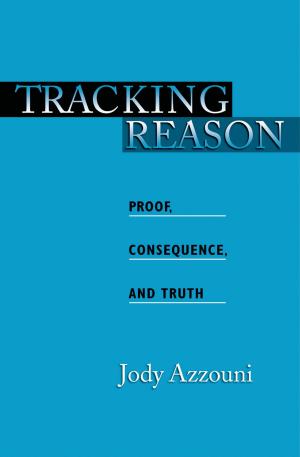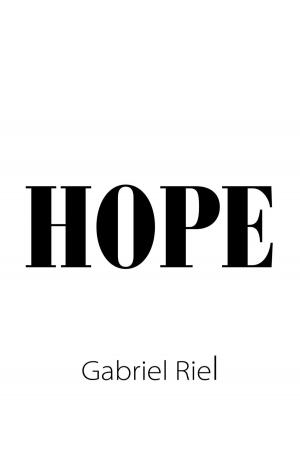A Kafkaesque Memoir
Confessions from the Analytical Coach
Nonfiction, Health & Well Being, Psychology, Counselling, Religion & Spirituality, Philosophy, Mind & Body| Author: | Dennis McCort | ISBN: | 9783941524996 |
| Publisher: | PalmArtPress | Publication: | November 29, 2017 |
| Imprint: | Language: | English |
| Author: | Dennis McCort |
| ISBN: | 9783941524996 |
| Publisher: | PalmArtPress |
| Publication: | November 29, 2017 |
| Imprint: | |
| Language: | English |
A Kafkaesque Memoir is that rarity in the psychological literature: a patient's account of the complete arc of his own psychoanalysis from first session to last. It is the memoir of a literature professor who walks into a psychotherapist's office one day seeking a quick hypnotherapy fix for a driving phobia and ends up staying for a nine-year Jungian analysis that fundamentally transforms him. Looking back on his recently completed analysis, the professor recreates his near-decade-long conversation with his analyst, a dialogue that gradually unearths the roots of a deep sense of guilt he feels over an "abandoned child." This personal psychological drama unfolds in the context of certain cultural themes that have woven themselves deeply into the professor's nexus of values over a lifetime and profoundly shaped his worldview. These include: the strange parables of Franz Kafka, Zen Buddhism in America, French deconstruction, the roots of psychoanalysis in German culture and the nature and philosophical questioning of analysis itself. The enigmatic writings of Kafka, in particular, become a kind of fictive code used by the professor to probe his deepest conflicts.
As the story of a long-term analysis that moves gradually through the stages of the professor's angry defensive posturing and religio-philosophical jousting to a deep mutual sympathy between patient and doctor, the book is rich in intellectual and emotional substance; but, in the professor's recalling of key life events, it offers as well a full-bodied social canvas of its time: there are, for instance, chapters that tell of a close encounter with the mafia in the Red Hook section of Brooklyn, crashing a party in early 70's Harlem and navigating the underground counterculture of mid-70's Los Angeles.
Personal struggle, the dance of analysis and the contemporary culture wars intersect in this absorbing tale of a man's late-life quest to heal a deeply divided self.
A Kafkaesque Memoir is that rarity in the psychological literature: a patient's account of the complete arc of his own psychoanalysis from first session to last. It is the memoir of a literature professor who walks into a psychotherapist's office one day seeking a quick hypnotherapy fix for a driving phobia and ends up staying for a nine-year Jungian analysis that fundamentally transforms him. Looking back on his recently completed analysis, the professor recreates his near-decade-long conversation with his analyst, a dialogue that gradually unearths the roots of a deep sense of guilt he feels over an "abandoned child." This personal psychological drama unfolds in the context of certain cultural themes that have woven themselves deeply into the professor's nexus of values over a lifetime and profoundly shaped his worldview. These include: the strange parables of Franz Kafka, Zen Buddhism in America, French deconstruction, the roots of psychoanalysis in German culture and the nature and philosophical questioning of analysis itself. The enigmatic writings of Kafka, in particular, become a kind of fictive code used by the professor to probe his deepest conflicts.
As the story of a long-term analysis that moves gradually through the stages of the professor's angry defensive posturing and religio-philosophical jousting to a deep mutual sympathy between patient and doctor, the book is rich in intellectual and emotional substance; but, in the professor's recalling of key life events, it offers as well a full-bodied social canvas of its time: there are, for instance, chapters that tell of a close encounter with the mafia in the Red Hook section of Brooklyn, crashing a party in early 70's Harlem and navigating the underground counterculture of mid-70's Los Angeles.
Personal struggle, the dance of analysis and the contemporary culture wars intersect in this absorbing tale of a man's late-life quest to heal a deeply divided self.















